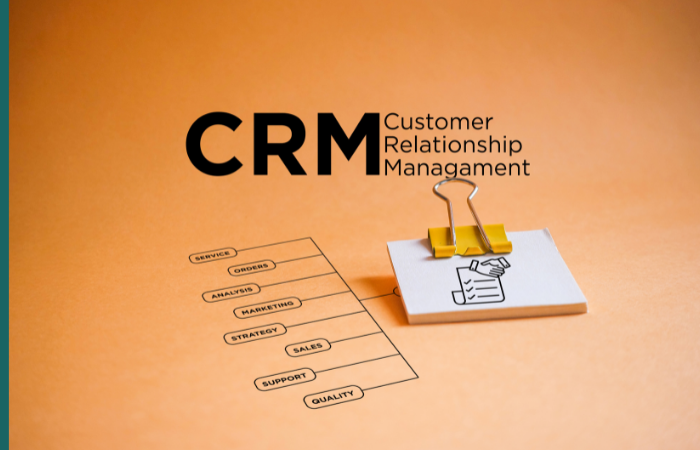Authenticity will be a vital sales-driver for start-ups
Despite lockdown, Start-ups are still being funded and are thriving – from digital disruptors of the second-hand car market to online customer behaviour-tracking, server technology and data-mining. SaaS-based propositions, for example, are finding they have never had more relevance.
But scaling up can present big challenges for start-ups. Technical, or product-focused CEOs especially, lack the skills and confidence to sell in the founder selling stage. They then recruit sales teams and even sales leadership way too early. They fail to realise in the early days they are the best sales asset the company has – with early customers buying into the authentic vision they articulate.
The hurdles are substantial. More than 90 per cent of start-ups fail and even businesses that go on Series B and Series C funding have failure rates around 70 per cent. Despite authenticity being a buzzword, it matters more than ever in tough times. “Who are you and what do you do?” – this should inform how you address potential customers. Many companies are doing very well out thereby remaining true to themselves as they push for bigger and better sales.
Of course, it is easy to be sceptical. Authenticity may work for new food or drinks brands and a host of other consumer products aimed at millennials, but what relevance does it have to start-up sales? Try to resist the temptation to think along these lines. Attitudes everywhere are shifting towards a yearning for the “real” over the fake. Global lockdown has meant prospects have had the time to reflect on their requirements and review once-normal processes. They may have reassessed their attitude to life, to work and how to approach procurement or run their business.
How to cement your authority
A start-up needs to consider how its product or service provides a solution that improves life for customers. In many ways it may be preferable to think more of solving a problem than selling a product or service.
Being openly true to your business and its values makes a big difference in this new context. If you can convey it in interactions with prospects it will be more persuasive. It is a question, initially at least, of conversations rather than results-focused sales pitches. Take time to think about the pressures the other person is facing and how they might be rethinking their own strategy or tactics as we emerge from the pandemic. Being authentic means listening to the wants and needs of your audience in order to progress the relationship.
Audiences don’t set out searching for authenticity. They are looking for some sort of alignment in outlook – a solution-provider who sees what they see and offers a convincing resolution. Segmenting audiences, using powerful research and survey tools will help reveal a start-up’s most important customers so that it can talk to them in an authentic way, opening conversations about a shared mission to defeat or resolve a challenge and remove their pain-points. A conversation is a two-way interaction which involves listening and responding.
Tell your story if it helps you stand out
Storytelling is a potent sales tool too. If a start-up has a compelling story about how it was founded or how a customer has transformed his life or business, use it. How did your CEO or founder come up with the solution? Were the early days a struggle that involved setbacks you can admit to? A start-up needs to use its story to differentiate itself from the competition. Start-up marketing is all about the customer and establishing an authentic relationship. Having a relatable story to tell is a fast-track method of building authenticity.
Ensuring the right salespeople deliver that story is critical too, which makes it vitally necessary to get recruitment onboarding and training right. Hire reps who can manage complex sales environments, who are intelligent, coachable and listen. Make sure you have your playbooks absolutely nailed – you need to help your reps get as close to your founder selling magic as possible. The foundation to that is authenticity or what the global management company McKinsey calls the “start-up mindset”.
Add authenticity to your start-up dynamism
In its Mental model to enable rapid revenue recovery published in May this year, McKinsey outlines how the pandemic has changed attitudes and buying patterns, and requires a range of appropriate responses. This “start-up mindset” focuses more on action than research, and favours testing over analysis. Start-ups are more agile and more attuned to opening up digital channels to increase sales and engagement with prospects. A big dose of authenticity needs to be added to this mix.
When it comes to boosting sales at a start-up company, nobody would suggest that authenticity is going to replace the importance of training, recruitment and rigorous focus on the right set of metrics. But for all that it is surrounded by hype, authenticity will be an important factor in future relationships and sales conversations








